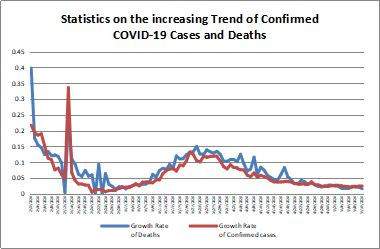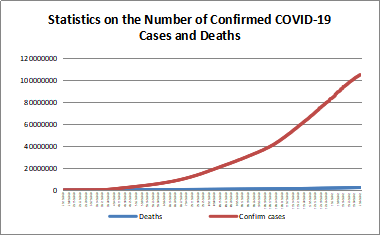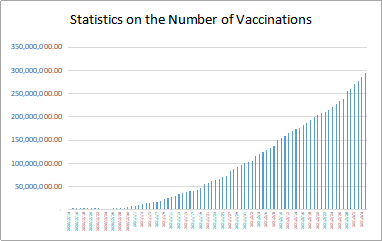Increasing Productive Capacities is Critical to the Most Least Developed Countries in the Post-pandemic Era
Time:2021/10/14 BJT
1. Key concerns
Recently, The Least Developed Countries Report 2021 released by the United Nations Conference on Trade and Development indicated that the ability of the least developed countries (regions) to respond to and recover from crises such as the COVID-19 pandemic, and continue to promote sustainable development will depend on the improvement of production capacity.
Over the last 50 years, most least developed countries (regions) (LDCs) have struggled to overcome the development challenges. Even their strong economic growth since the mid-1990s has generally been insufficient to redress their long-term income divergence with the rest of the world. Crisis of the early 19th century and the emerging uneven global recovery may threaten to reverse many hard-won development gains, which is further aggravated by the creeping adverse effects of climate change.
The report noted that mainstreaming productive capacities development in these countries (regions) is a necessary condition for boosting their capacity to respond to and recover from crises. While LDCs prioritize economic transformation and diversification in their policies, they have critically lacked the means necessary to progress towards the objectives of the 2030 Agenda for Sustainable Development.
Therefore, UNCTAD warned that LDCs will continue to be on the margins of the global economy if they are not able to promote economic production and cannot be supported by the international community.
2. Briefing on COVID-19 Pandemic
According to WHO statistics, the cumulative numbers of confirmed COVID-19 cases and deaths reached 236,599,025 and 4,831,486 by October 8, 2021. The U.S., the UK, Turkey, Russia and India were the five countries (regions) with the highest number of new confirmed cases in the past seven days. The U.S., Russia, Mexico, Brazil and India were the five countries (regions) with the highest number of new deaths in the past seven days.


https://covid19.who.int/
WHO announced the launch of the Global COVID-19 Vaccination Strategy. Statistics from Our World in Data, an online research site of the University of Oxford, presented that 7,874,965,732 doses had been vaccinated by October 8, 2021. On October 7, 2021, Tedros Adhanom, Director-General of WHO, announced the launch of Global COVID-19 Vaccination Strategy, and expressed his wishes of vaccinating 40% of the world’s population by the end of 2021 and 70% in all countries by mid-2022.
The strategy shows that at least 11 billion doses of COVID-19 vaccines will be needed, and the current global production is reaching 1.5 billion doses per month. Therefore, if the vaccines can be distributed fairly, there will be enough doses to realize the strategy. António Guterres, Secretary-General of the United Nations, argued that countries need to move together through these coverage targets to achieve greatest impact at an online kick-started meeting.
In addition, in the Strategy to Achieve Global Covid-19 Vaccination by mid-2022 released on the same day, WHO stated that it will adopt a three-step method to carry out this strategy. Step 1: targeted vaccination of all older adults, health workers, and high-risk groups of all ages. Step 2: extensive vaccination of the full adult age group in every country. Step 3: extensive vaccination of adolescents.

https://ourworldindata.org/covid-vaccinations
In terms of measures taken by countries (regions) due to the COVID-19 pandemic, several countries (regions) have gradually relaxed their travel and entry restrictions. Japan announced to relax the pandemic prevention requirements for people who enter the country from October 1, and allow travelers with vaccine passports to be exempted from quarantine. Thailand will reopen Bangkok and nine other regions to all foreign travelers who are fully vaccinated from November 1. UK eased the COVID-19 border restriction and scraped the traffic light system on the pandemic restriction that separated the countries which travelers come from to red list, yellow list and green list, and accordingly took different quarantine measures. And tough quarantine requirements would be scrapped on October 4 and restrictions for arrivals would be relaxed except for the arrivals from red list countries and regions. The United States announced that it will relax travel restrictions for citizens of the UK, most EU countries, China, Brazil, India and other countries with valid visas to travel to the United States from November. Australian Prime Minister Scott Morrison stated that Australia will open its borders this Christmas at the latest.


